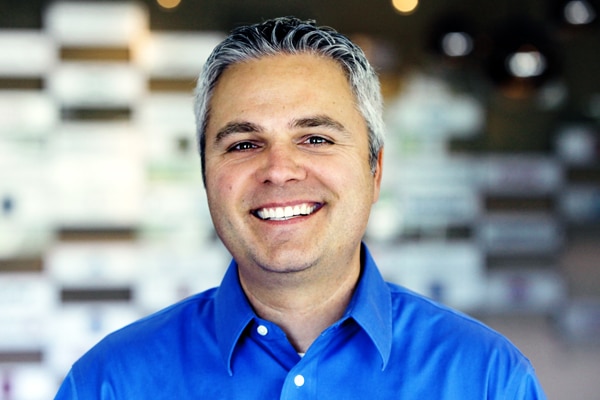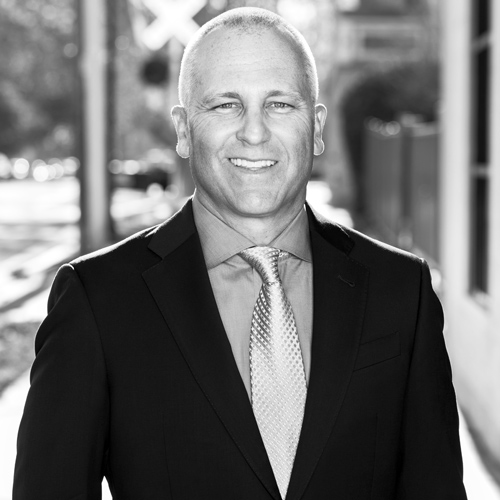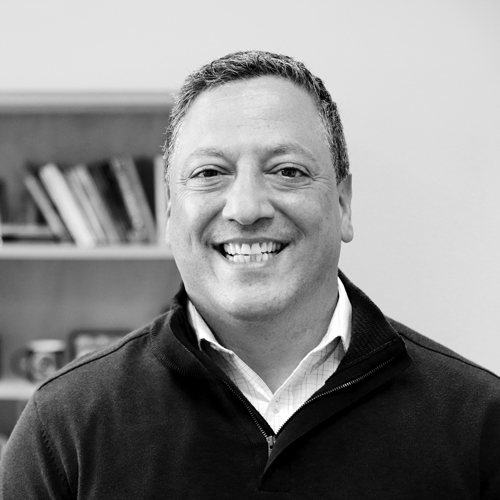
Going through an acquisition can be an uneasy experience. Team members whose roles were clearly defined are suddenly unsure what the future will hold. “Uncertainty is probably the most unsettling emotion that people feel,” says David Dutcher, assistant general counsel of intellectual property (IP) at Western Digital, a provider of storage technologies and software. “We might be daunted by a challenging project, but uncertainty can create even more apprehension.”
Dutcher led his team through that very uncertainty after Western Digital acquired SanDisk, a manufacturer of flash memory devices, in 2016. Dutcher was brought over from SanDisk, where he had served as senior director of IP. Previously, he had joined SanDisk through an acquisition when the company acquired Fusion-io, a solid state storage device manufacturer, in 2014.
From his experience at Fusion-io, Dutcher understood the importance of gaining his team’s trust and defining both short- and long-term strategies. “It’s important to create and communicate a shared vision and road map so that everyone understands the team’s direction and how each person contributes to its success,” he says. “As we move forward, I try to continue soliciting input so that we can further refine our approach.”
Western Digital and SanDisk had different approaches to protecting their competitive advantages. As a manufacturer of disk drives, Western Digital focused on operational efficiency and vertical integration. For SanDisk, which operated in the flash memory industry, innovation was the key to success.
Dutcher’s new team also reflected this dichotomy. The legacy Western Digital patent team members, who were part of a larger team, were used to performing many tasks in-house. For former SanDisk employees, however, outsourcing work to outside counsel was the norm and worth the additional expense.
Dutcher’s mission was to combine the best of each legacy approach to develop processes that worked for his new team, which included members from SanDisk, Western Digital, and HGST, another company that Western Digital acquired. Together, the team mapped out the legacy processes and determined the best strategy for the future.
“We tried to select the best aspects from the three different approaches of the legacy companies,” Dutcher says. “It has required a lot of agility, adaptability, and flexibility by the entire team as the company forges a new culture, a new strategy, and a new process.”
One process the companies approached differently was docketing. In that case, the argument for outsourcing won. “Historically, one legacy company was tracking deadlines internally because filing and some other work was performed internally,” Dutcher says. “As we outsourced that work, there was no longer the need to use internal resources to docket these dates that were already being tracked by our outside lawyers.”
At first, some team members worried that if the group didn’t docket internally, then they would miss the deadlines to protect their assets. But Dutcher again emphasized the importance of trust. “By creating the plan with the relevant stakeholders, it creates an atmosphere of trust,” he says. “If you develop the process together and people are able to talk through the pros and the cons, then it’s much easier to get buy-in and come to decisions that make the most sense for the business going forward.”
It soon became clear that the decision to outsource docketing served both arguments: it was more efficient, and it reserved resources for innovation. “People have, over time, embraced the new process as more efficient and a better use of internal resources because the individuals who were docketing are now working on higher-level tasks,” Dutcher says.
The patent group at Western Digital spans five countries and three continents, and finding ways to unify such a geographically diverse team can be difficult. Even finding a time of day to meet can be a challenge. “There’s not a time that doesn’t require someone to wake up in the middle of the night,” he says.
To create a sense of camaraderie, Dutcher adopted a practice from Western Digital of regularly recognizing team members for outstanding work. At every staff meeting, one team member acknowledges another for a recent accomplishment.
For example, one of the paralegals designed a more efficient process for contacting engineers who plan to publish technical papers in advance of conferences. “Our paralegal figured out a way to reduce the time required to contact the engineers from several hours to a few minutes,” he says. “Then, she shared her new process with the other paralegals so that they could leverage her efforts.”
Recognizing accomplishments such as this benefits both the individual and the team as a whole. “It increases employee engagement and helps the team understand the value that each person brings,” he says.
Western Digital practices this type of recognition across the company. Leaders hold annual events at R&D facilities around the world to celebrate inventors who had patent applications filed or patents granted. Each inventor receives an award with their patent number on it.
Although the company pays inventors a monetary award, these events drive more employee engagement than financial incentives. “It has tremendous impact on employee morale when engineers are recognized in front of their peers and senior management for creating valuable IP,” he says.
By recognizing these accomplishments, Dutcher and the rest of Western Digital’s leaders bring the group into the process, and together they pave the path forward.
OFF THE CLOCK with David Dutcher
Outside of work, David Dutcher teaches an IP contracts course each year at BYU’s law school. He approaches his teaching the same way he approaches his management: with a mix of structure and flexibility. “I start with a plan, but I try to listen and adapt based on the response I receive,” he says. “When other stakeholders provide feedback and improvements, I try to adapt and incorporate that input.”
“We congratulate David Dutcher for his successful leadership and accomplishments at Western Digital.” –Steven VerSteeg, Partner, Patterson + Sheridan LLP

